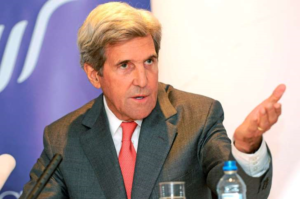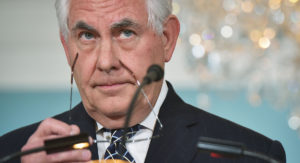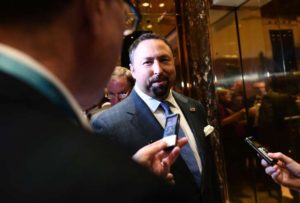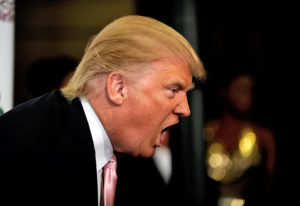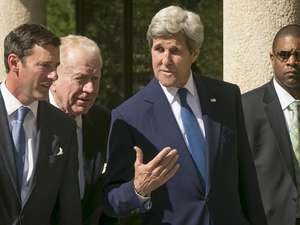One of the worst-kept secrets in Washington, D.C., is out: Donald J. Trump plans to decertify the agreement hammered out by the Obama administration to curb Iran’s ability to develop nuclear weapons.
The president calls it the “worst deal ever negotiated” in the history of Planet Earth. He said he’d never strike such a deal. He has called it an “embarrassment” to the United States of America. He says it is not in our national interest.
Forgive me if I’ve missed something, although I don’t believe that’s the case, but has the president ever offered a single detail over precisely why he hates this deal with such a passion?
I haven’t heard him articulate a single policy dispute he has with it. He has spoken completely, totally and utterly in platitudes and clichés about why he hates this deal.
I cannot help but wonder whether his opposition stems largely — if not entirely — from the fact that President Obama’s national security team, led by Secretary of State John Kerry, negotiated this deal. Sure, Israeli Prime Minister Bibi Netanyahu hates the deal, too, but he hates any effort to make peace with his nation’s mortal enemies; in a way, I kind of understand Netanyahu’s suspicion, even if it’s a bit overheated.
However, the president of the United States owes his constituents — you and me — a much more detailed explanation into why he opposes an agreement in which U.S. analysts say is being honored by the Iranians. Trump, though, says otherwise.
We’re supposed to take the president at his word? Is that the deal?
Uh … no thank you.

